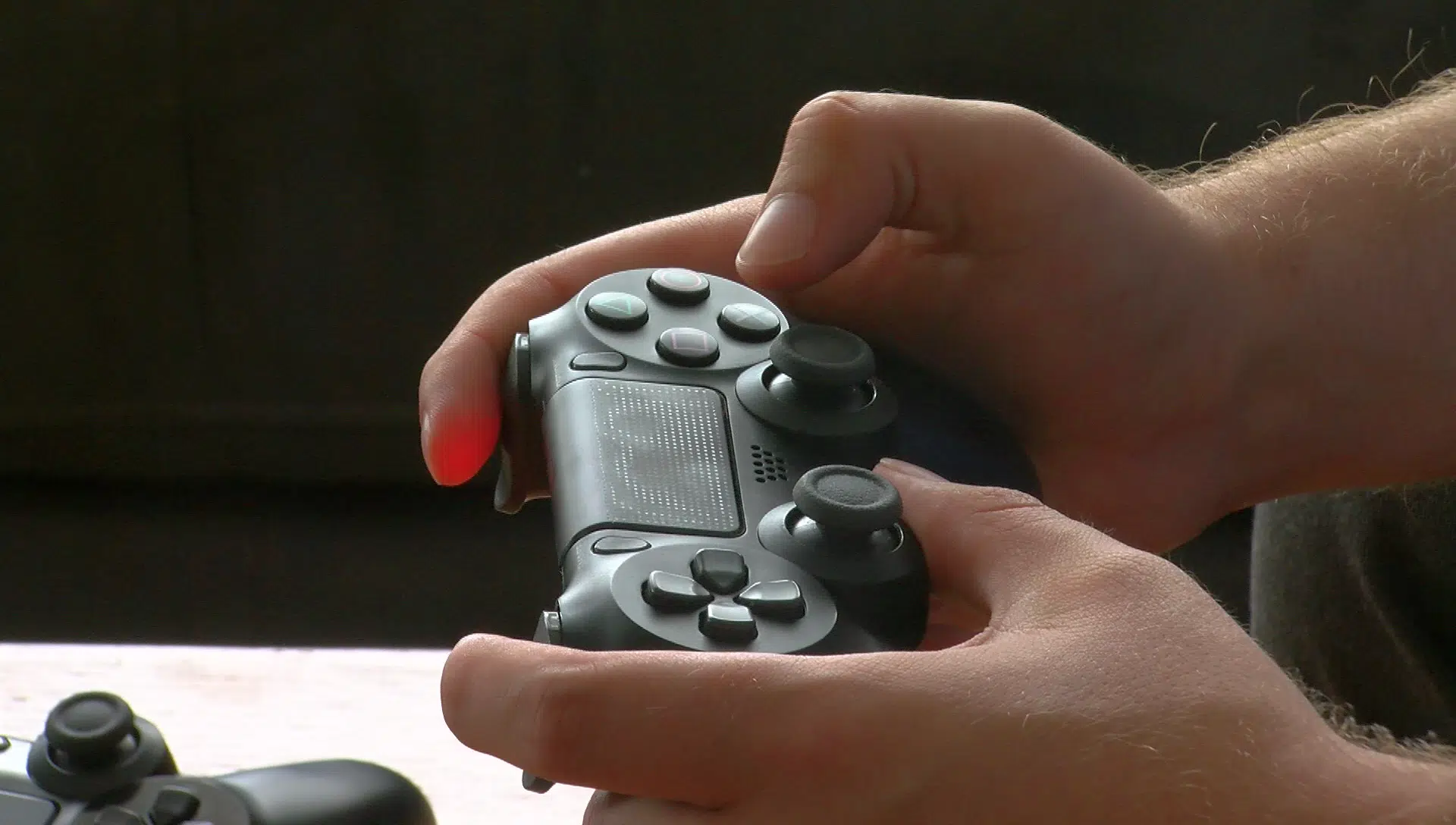
Link between video game addiction and mental health causing waves locally
MEDICINE HAT, AB – For years, video games were a staple inside the Metz household for Mandy and her 14-year-old son Kane.
But one day about a year and a half ago, Mandy noticed a change in her son’s behaviour while watching him play.
“I think it was about supper time that I realized that he hadn’t stopped to eat, I don’t think he really stopped to go to the bathroom,” said Metz. “And, I realized in that moment that this was a really big problem for him.”
